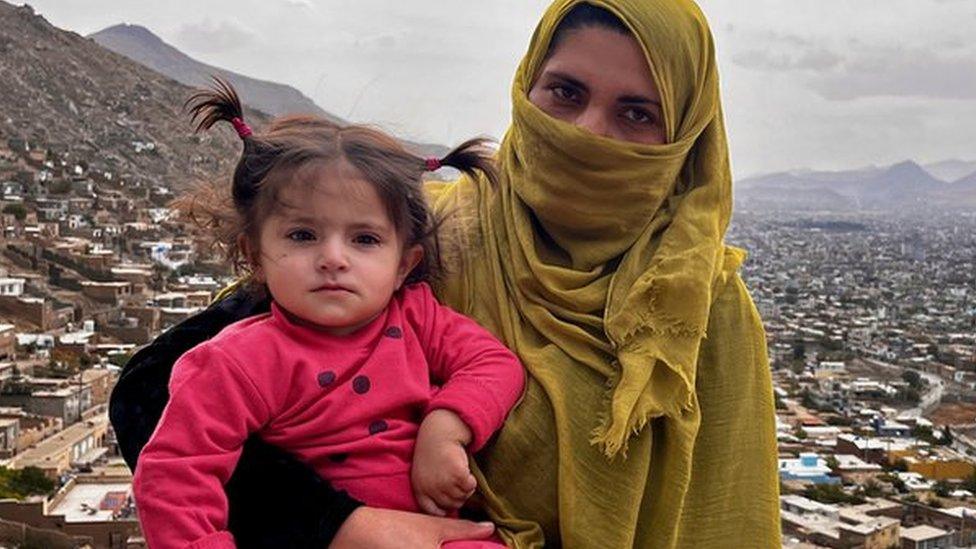Talks with the Taliban - no women allowed
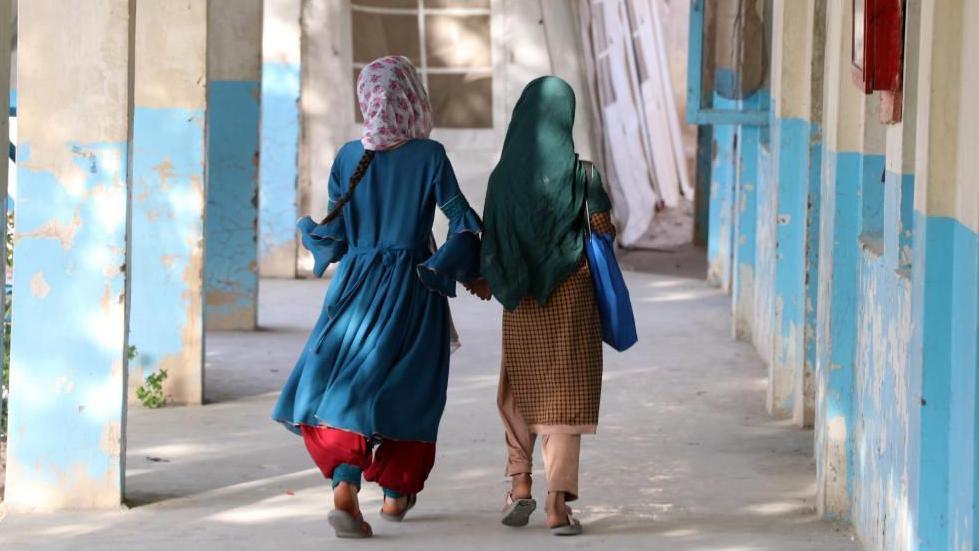
Girls above primary school age are barred from education and most jobs by the Taliban
- Published
Two days of talks between the international community and the Afghan Taliban have been productive, diplomats say.
The meetings in Doha were the first to include the Taliban – whose government no country recognises - since they seized power three years ago.
At the Taliban government’s insistence, no civil society representatives were in the room with the Taliban officials, meaning no women from Afghanistan were included, prompting criticism from rights groups and activists.
UN officials met Afghan civil society groups separately on Tuesday.
As the diplomats and media vacate the vast air-conditioned ballrooms of the Qatari capital, has anything changed for Afghanistan in the last few days?
There were no grand announcements, no massive breakthroughs, no solutions - but then none were expected - from the organisers or participants. Instead, the Taliban officials and diplomats seemed quietly and tentatively positive.
The tone was “respectful”, “engaged”, “frank”, according to different diplomats the BBC spoke to. The most repeated phrase was “this is a process”.
There were no concessions gained, nor pledges won from the Taliban delegation, led by spokesperson Zabihullah Mujahid. I asked him what the Taliban government would be willing to offer.
“When we go ahead we will see what they [the international community] want and what we can do based on Sharia law,” he told us. “ Whatever is against Sharia law we will not discuss it. Whatever is in the framework of Sharia we will solve it. It is a process and it will continue; we will see where it will take us and how much we will improve.”
The topics on the agenda were counter-narcotics and the private sector, easier topics to cover than issues like human rights or the role of women.
On the latter, the Taliban remained immovable on their view that this is an internal matter.
“We don’t want to discuss these sorts of issues between other countries. We will find a solution for it back home,” said Zabihullah Mujahid.
When the BBC pointed out to him there had been no solutions for nearly three years, and asked why that was, he said: “We are not ignoring it, we are working on it. We are finding a solution for it based on Sharia law.”
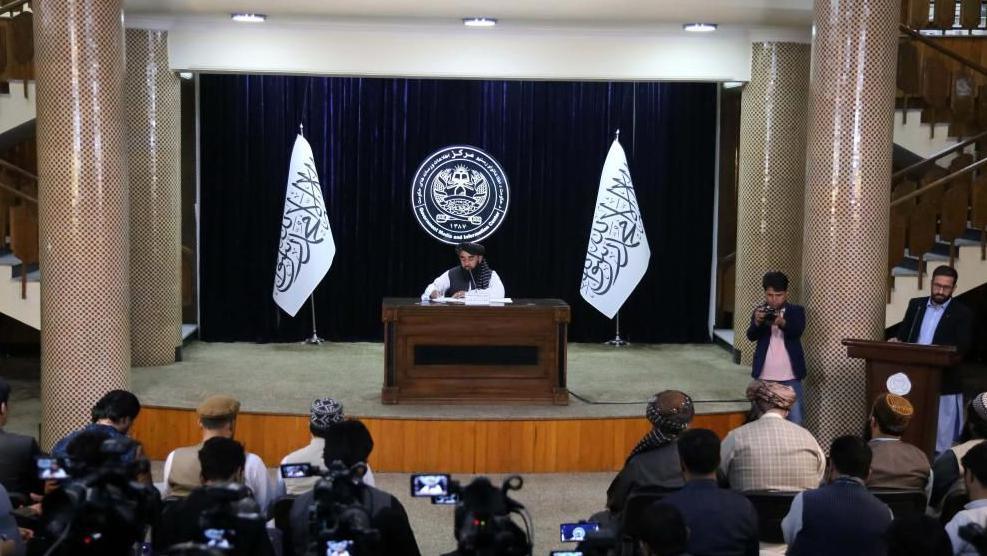
Zabihullah Mujahid said the role of women was not being ignored - but there was no sign of any progress
The UN itself referred to the situation in Afghanistan as “gender apartheid” where women and girls are not able to attend secondary school, visit parks or gyms and hold certain jobs among an increasing list of restrictions.
“It is not just an internal issue and we have made that clear to them,” said Rosemary DiCarlo, the UN’s lead in these talks.
She cited the different treaties signed by Afghanistan prior to the Taliban authorities' takeover in August 2021 that agree to human rights.
“It doesn’t matter if the government changes, they are still party to those.”
“I think they are ready to talk about some of these things [women’s rights], but they are not ready to move,” Tomas Niklasson, special envoy of the European Union for Afghanistan, told the BBC.
“I am hopeful that things will change on women’s rights, but I’m not sure about the time perspective.”
What made him hopeful?
“I’m surprised to see the way in which Afghans still manage through resilience to push back,” he said, adding after a pause. “Hope is not always a rational thing.”
The UN did arrange for a separate meeting to take place on Tuesday with civil society activists, although several chose to boycott it and none of those who attended wanted to speak to the media.
According to the list of attendees provided by the UN, several countries including China and Russia chose not to attend the session. The UN told us that several delegations not in attendance had travel arrangements.
There is no set date for the next meeting of this kind, although many of the countries that attended already meet the Taliban bilaterally and told the BBC that that would continue. All officials we spoke to thought that the few days had laid groundwork for more engagement and conversation.
After nearly three years of the Taliban authorities in control, the general mindset of the diplomats we met was that little would improve in Afghanistan if there was not an attempt to engage, at least on the areas of some overlap.
“We felt we had to start somewhere,” Ms DiCarlo said in Tuesday’s closing press conference.
The question still is where might these talks lead.
Related topics
- Published14 June 2024
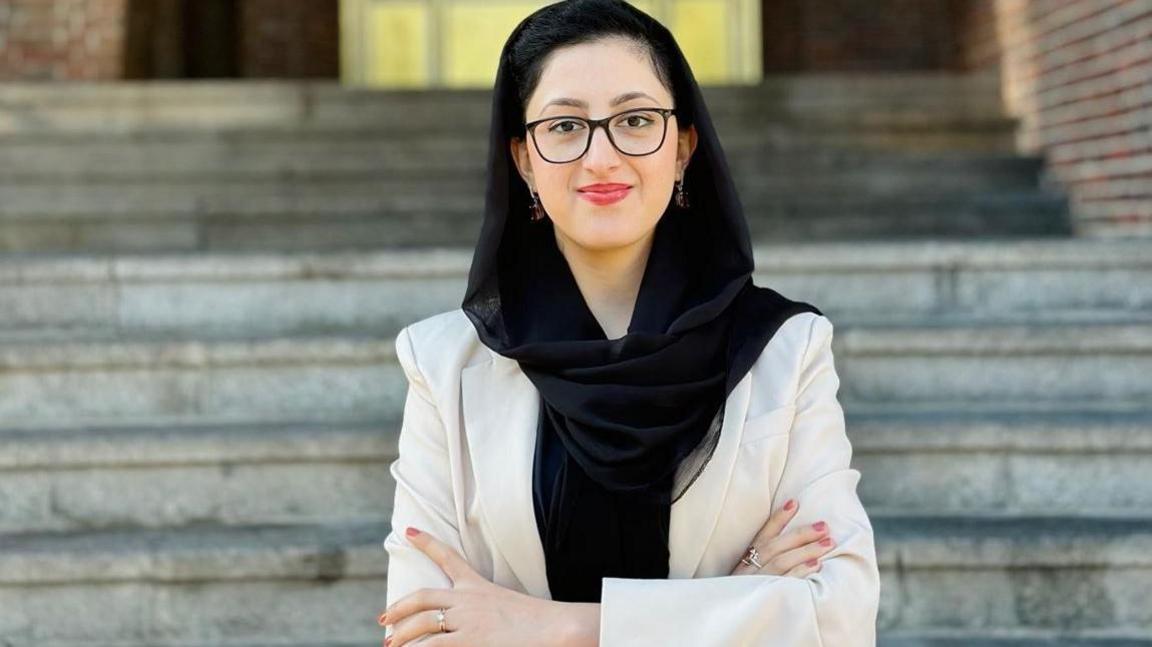
- Published9 March 2024
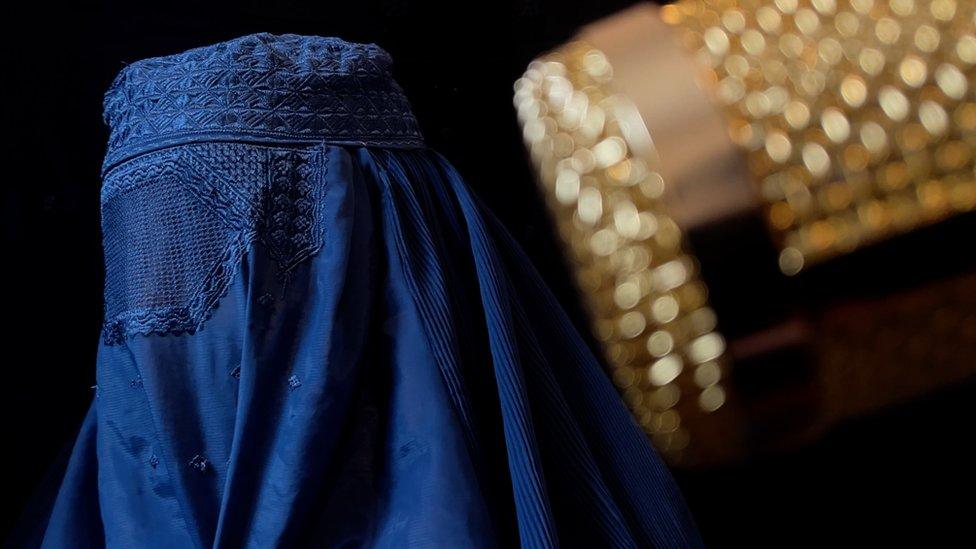
- Published18 December 2023
